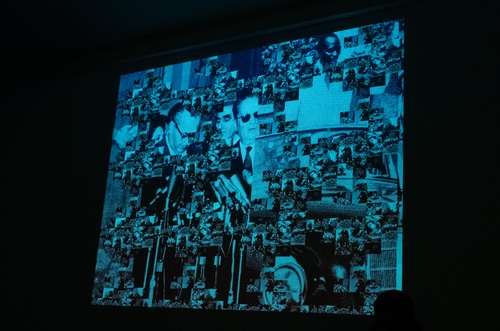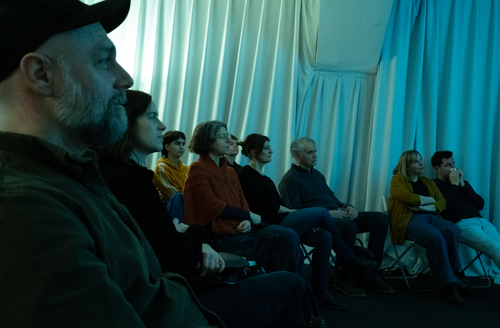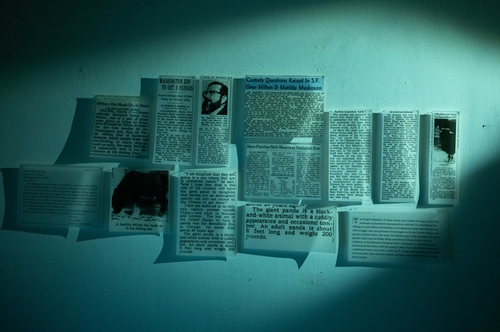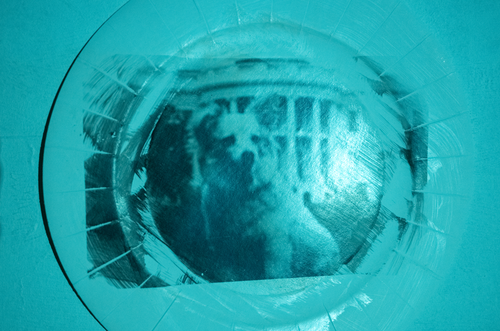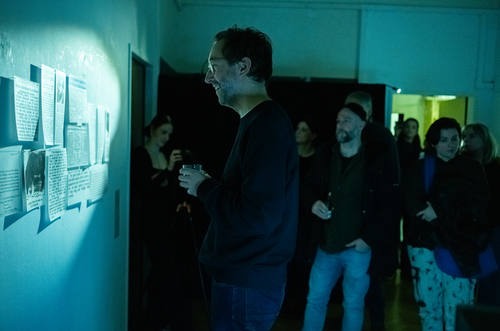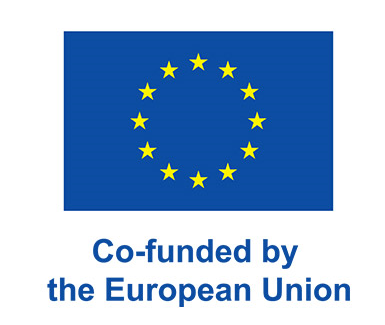Residency in Vienna with Olja Triaška Stefanović: Animal Diplomacy (gifting) and Cold War
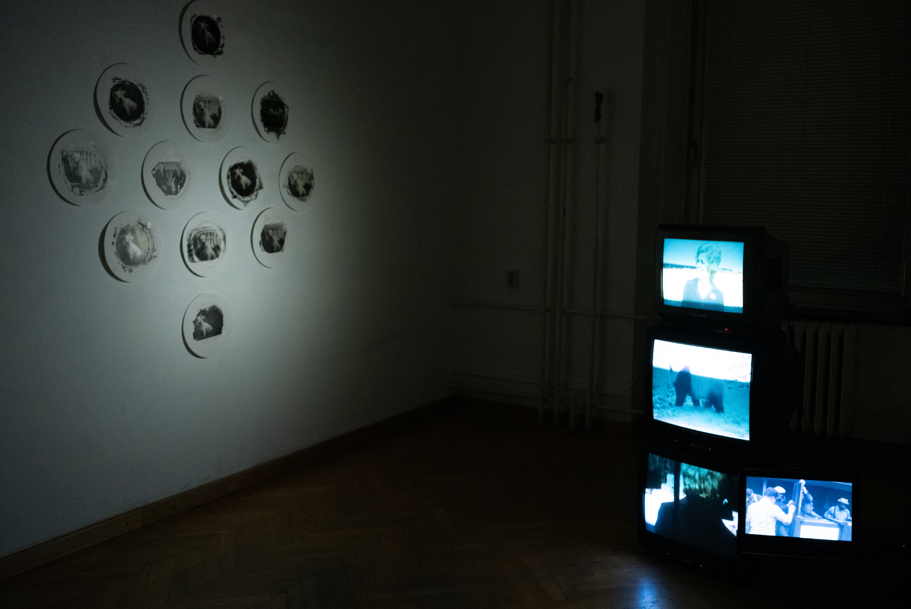
In February 2025, artist Olja Triaška Stefanović participated in a one-month residency at STUDIO DAS WEISSE HAUS in Vienna. This residency was part of the Creative Europe project (In)Visible Traces: Artistic Memories of the Cold War, organized by BLOCKFREI in collaboration with STUDIO DAS WEISSE HAUS and co-funded by the European Union.
Olja Triaška Stefanović’s project, Animal Diplomacy (Gifting) and Cold War, delved into the nuanced intersections of politics, culture, and animal diplomacy during the Cold War. Her multimedia installation, Aren’t they cute?, reflected on how animals were utilized as instruments of cultural diplomacy, symbolic gestures of goodwill, and tools of political propaganda. The project explored the paradoxical nature of these acts: live animals were exchanged as symbols of peace and mutual understanding, while the practice of hunting signified dominance and territorial control. By juxtaposing historical narratives, visual materials, and artifacts, the installation provided a critical perspective on the Cold War’s impact on both geopolitics and the natural world.
During her residency, Olja conducted extensive research in Viennese archives and museums. These institutions provided her access to primary historical sources, including photographs, artifacts, and documents that informed her understanding of Cold War-era animal diplomacy. The research process emphasized the materiality of these historical objects, creating a sensory and emotional connection to the narratives they embodied.
Key stories highlighted in her work included Pushinka, a dog gifted by Soviet Premier Nikita Khrushchev to U.S. President John F. Kennedy in 1961. Pushinka’s lineage as the daughter of Strelka, a Soviet space dog, added layers of political and cultural symbolism, and Panda Diplomacy following President Richard Nixon’s 1972 visit to China, an exchange of animals symbolized renewed diplomatic ties. China’s gift of giant pandas, Hsing-Hsing and Ling-Ling, contrasted with the tragic fate of musk oxen Milton and Matilda, sent from the U.S. to Beijing.
Through these narratives, the installation interrogated the ethics of using animals as diplomatic tools, the commodification of nature, and the environmental consequences of Cold War politics.
________________________________
This residency was held in the scope of the project „(In)Visible Traces. Artistic Memories of the Cold War”, co-funded by the European Union. Views and opinions expressed are however those of the author(s) only and do not necessarily reflect those of the European Union or the European Education and Culture Executive Agency (EACEA). Neither the European Union nor EACEA can be held responsible for them.
